Jess Housty can’t remember the last time Canada Day was celebrated in the Heiltsuk Nation.
Housty lives in the coastal B.C. town of Bella Bella where the Heiltsuk Nation is known for its efforts to help conserve and protect the Great Bear Rainforest.
“I can recall a lot of celebrations here — we’re a community that loves to come together and celebrate things — but Canada Day is not one of those things I remember bringing the community together,” she said in an interview.
Canada Day comes this year as Indigenous people absorb reports of confrontations between the police and Indigenous people, as well as accusations of systemic racism in B.C.’s health-care system.
Mary Ellen Turpel-Lafond, the director of the University of British Columbia’s Residential School History and Dialogue Centre, has been appointed by the provincial government to investigate accusations that some emergency room staff played a game to guess the blood-alcohol levels of Indigenous patients.
She said celebrations like Canada Day, Victoria Day and St-Jean-Baptiste Day are symbols of colonialism.

Canada Day also comes after recent protests by First Nations against pipelines and the Black Lives Matter movement against systemic racism, which adds to the complexity of the national celebration, she said.
“This is a Canada Day like no other Canada Day for some time,” said Turpel-Lafond, who is also a law professor at the university.
“Are we the just, rights-respecting society we think we are and we need to be?”
‘What exactly is there to celebrate?’
A recent poll of 1,000 people commissioned by Historica Canada found that most Canadians have a lot to learn about the historical and cultural contributions of Indigenous, Black, Asian and minority ethnic people.
Fewer than six per cent recognized figures such as Indigenous filmmakers and human rights activists, or the first RCMP officer to wear a turban.
Byron Louis, the chief of the Okanagan Indian Band, says he can’t remember the last time Canada Day was formally celebrated in his community.
“It’s a stat holiday, so we’ll take it. Other than that, there is no celebration in our community,” he said. “What exactly is there to celebrate?”
Louis said there has been an erosion of the relationship between the Canadian government and Indigenous people, which makes it difficult to join in the celebration.
“When you look at the last 110 years of our relationship, it was nowhere near what our relationship was when we first established contact,” he said.
Wade Grant, an intergovernmental officer with the Musqueam Indian Band, said he would like to see a greater emphasis placed on days that honour Indigenous people.
“We have Canada Day parades, we have Canada Day celebrations downtown. On National Indigenous Day we don’t have cities or municipalities holding parades or holding events where concerts are played to celebrate Indigenous people,” he said in an interview.
Grant said he understands the aspirational aspect of Canada Day, but as someone of mixed heritage whose grandfather was forced to pay the Chinese head tax, he would like to see more discussion of what other races have experienced in Canada.
We have Canada Day parades … On National Indigenous Day we don’t have cities or municipalities holding parades or holding events where concerts are played to celebrate Indigenous people.– Wade Grant, intergovernmental officer with the Musqueam Indian Band
Chief Judith Wilson of the Neskonlith Indian Band said she views Canada Day as a chance to better educate others, explaining how she helped organize a skit depicting the writing of a letter in 1910 from Indigenous chiefs to Canada’s seventh prime minister, Sir Wilfrid Laurier.
The scene recreated the chiefs of the Secwepemc, Syilx and Nlaka’pamux peoples relaying grievances over their treatment by the federal government. Wilson presented the scene during Canada Day celebrations in Chase, B.C., to show the public the issues Indigenous people have faced.
Housty said she would also like to see a greater recognition of what Indigenous communities are facing.
“I don’t think we can say everyone in Canada has grappled with the reality of what systemic racism is in this country,” she said. “The fact that it isn’t historical, it’s something that is alive and present and a lived reality for people around us.”

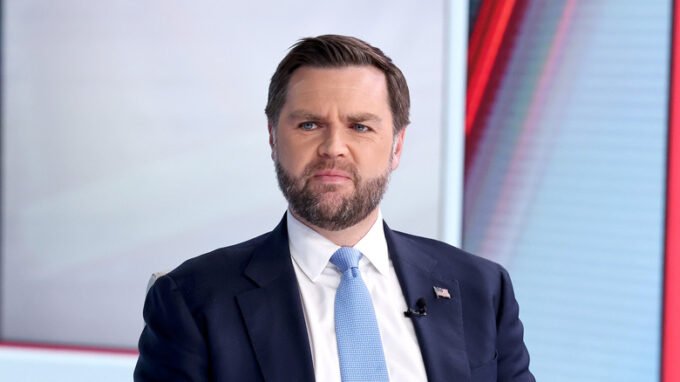
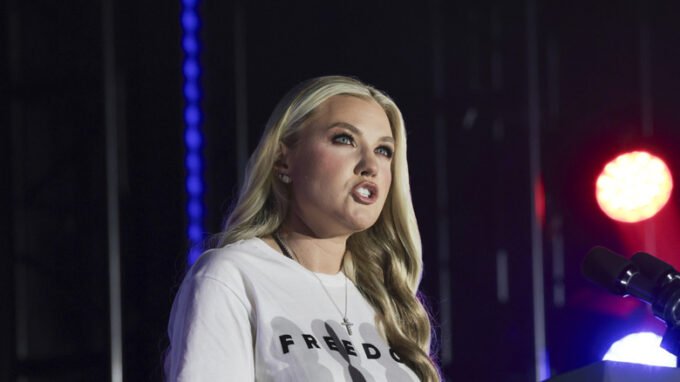


![Actor Okemesi in Coma After Alleged Drug Complications 7 Actor Okemesi in coma following complications from drugs [VIDEO]](https://wowplus.net/wp-content/uploads/2026/02/actor-okemesi-in-coma-following-complications-from-drugs-video-680x907.jpg)



















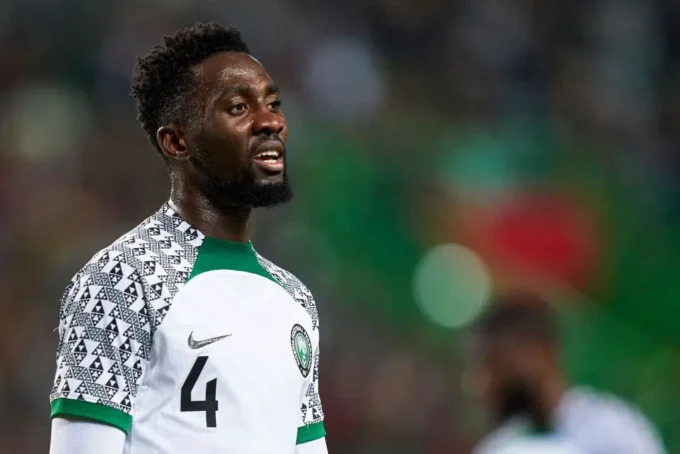
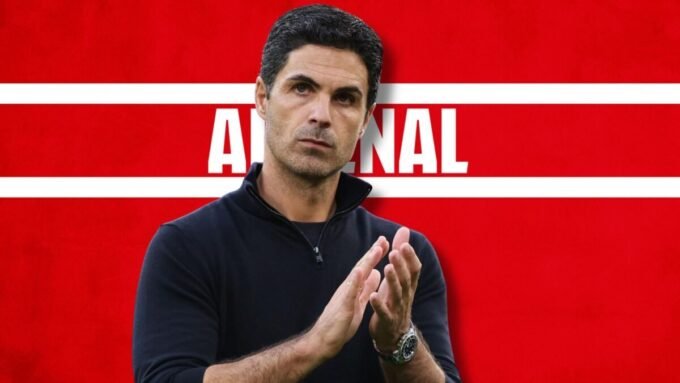
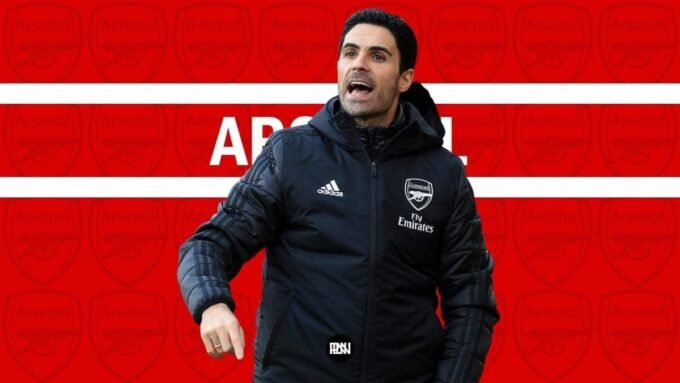














Leave a comment